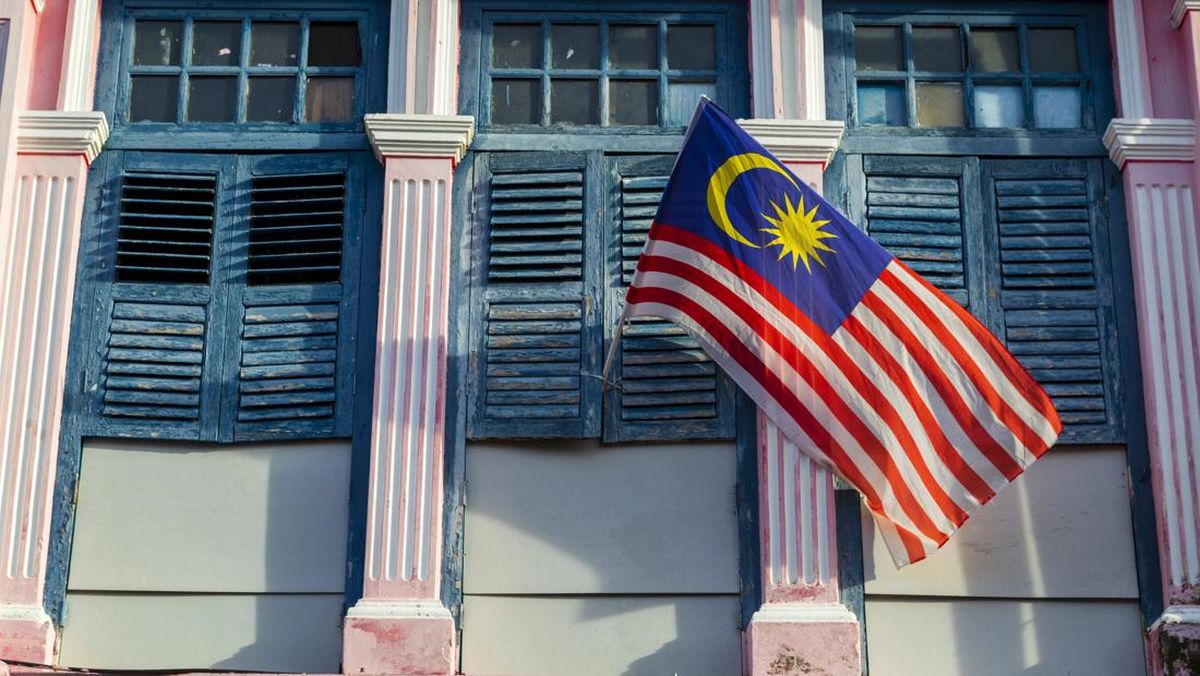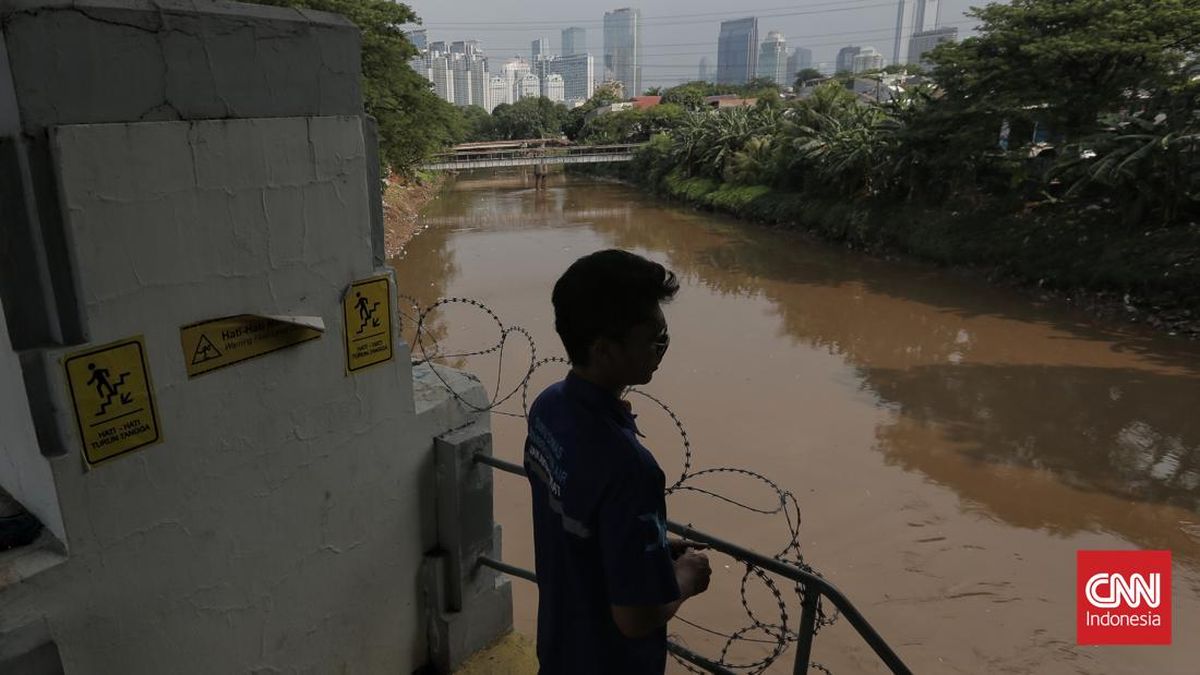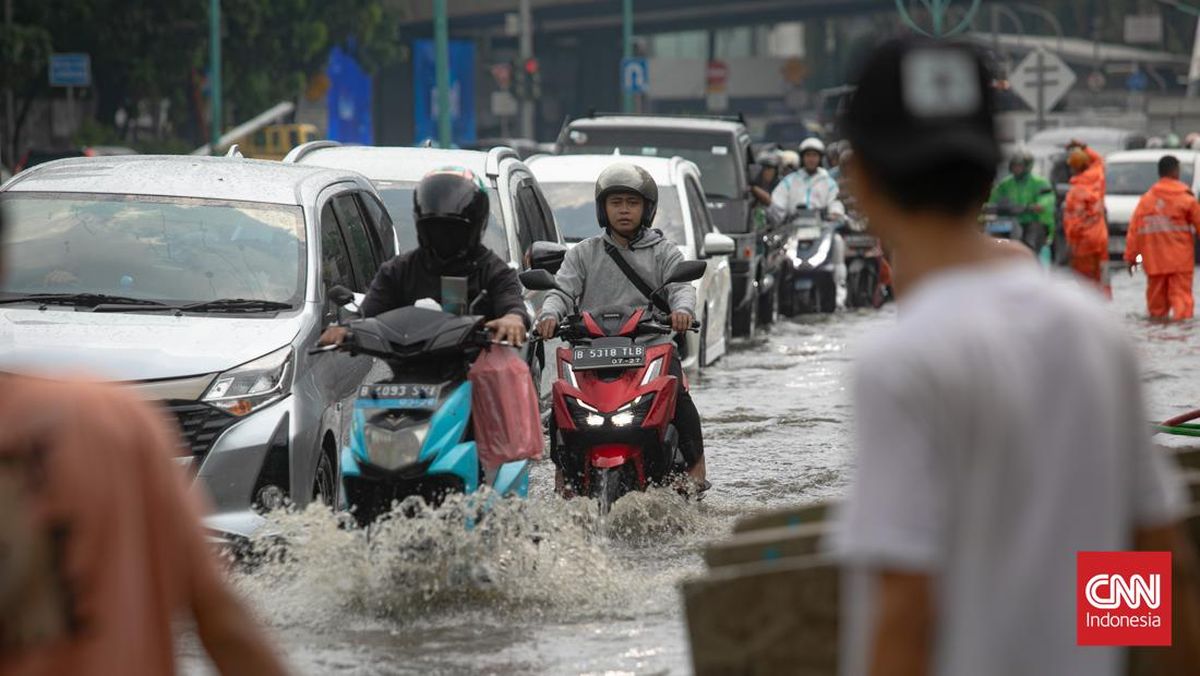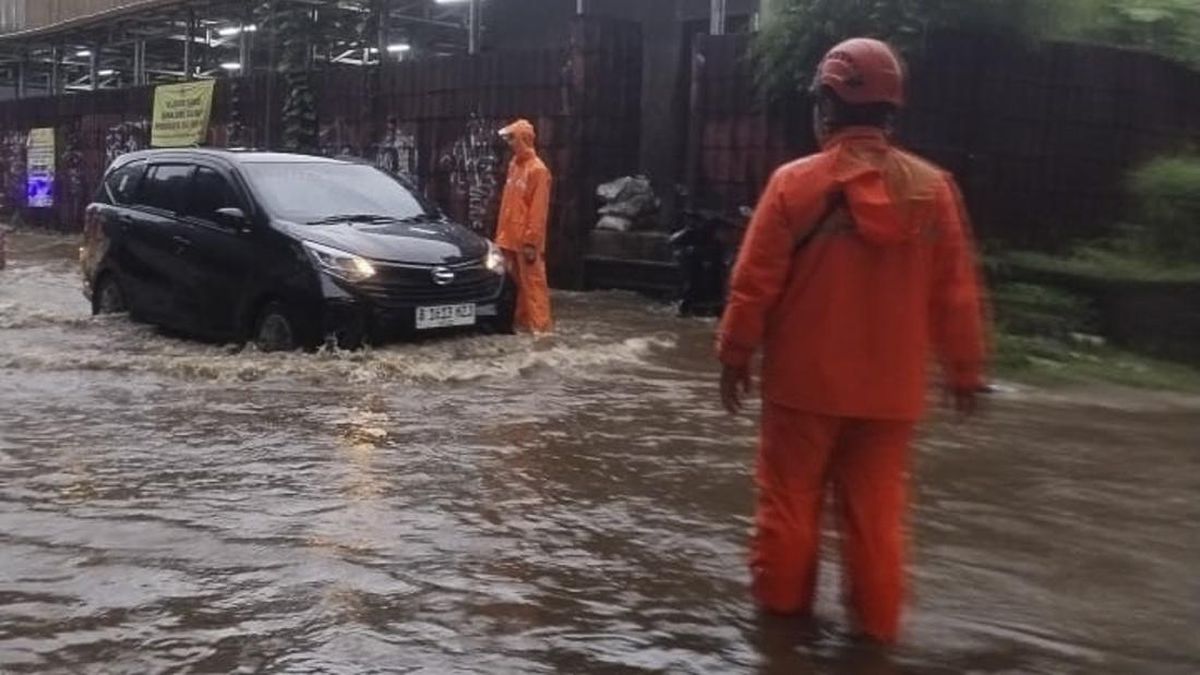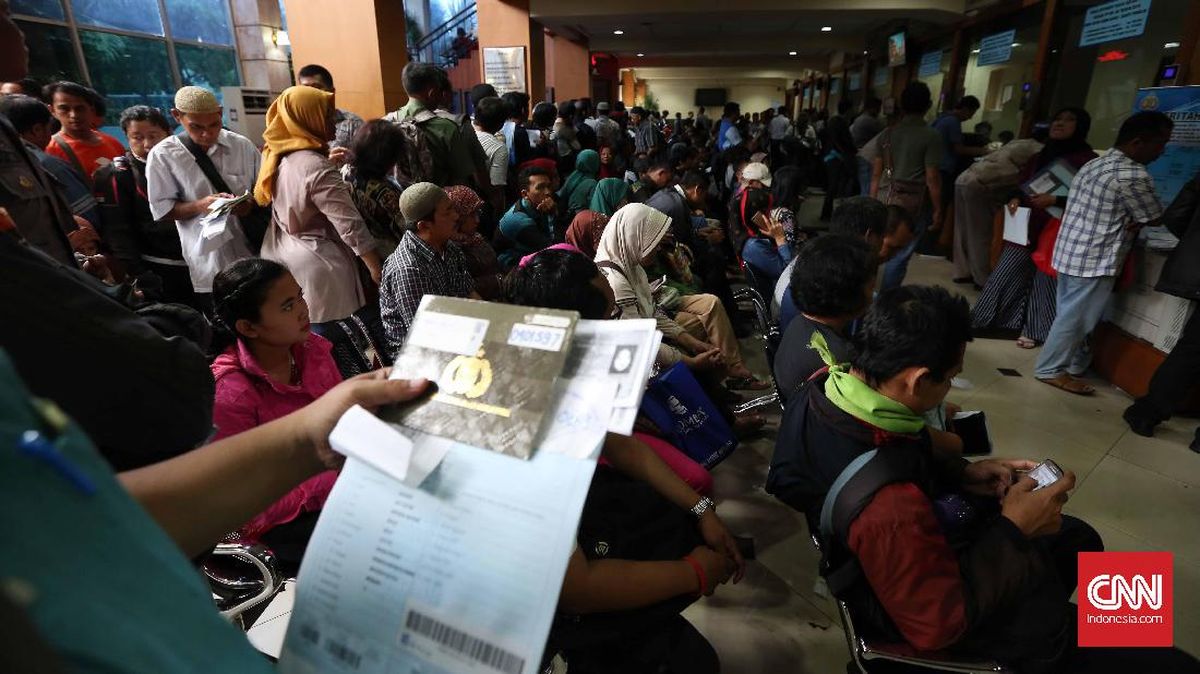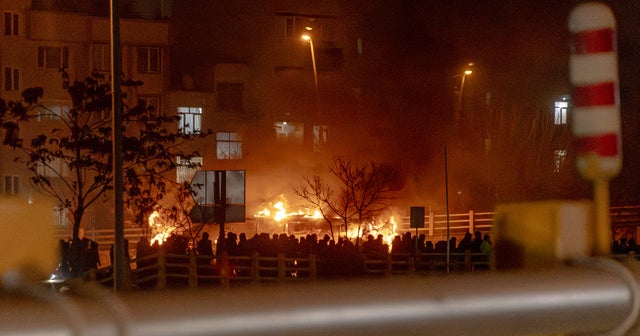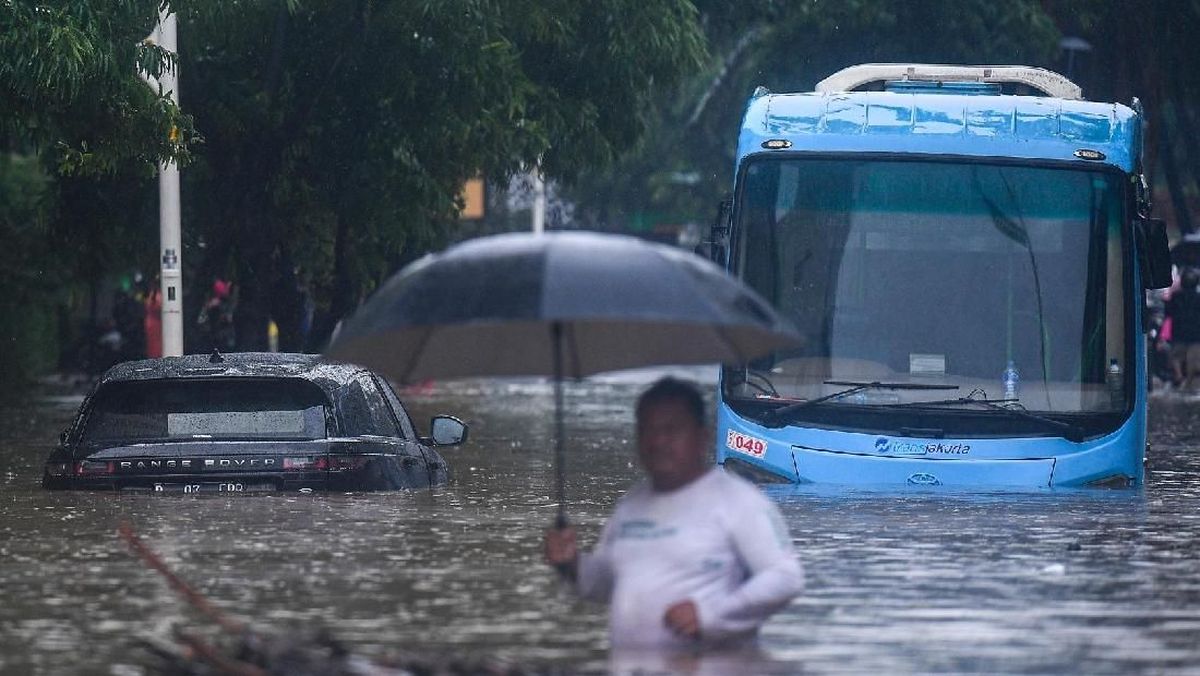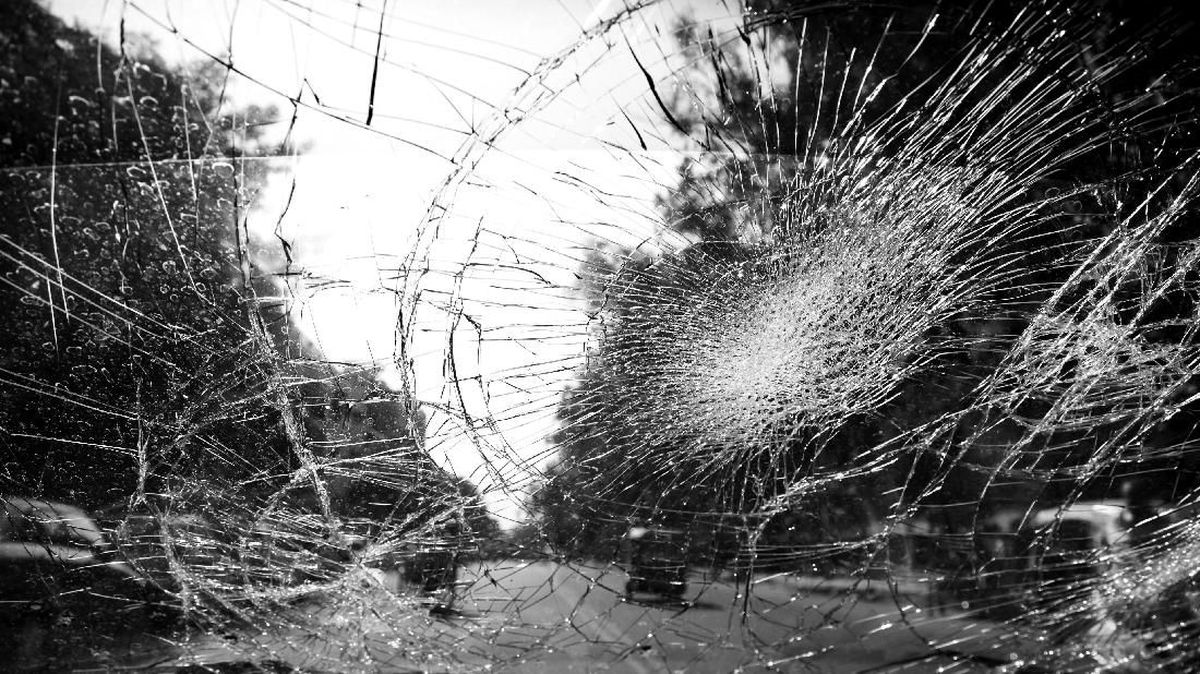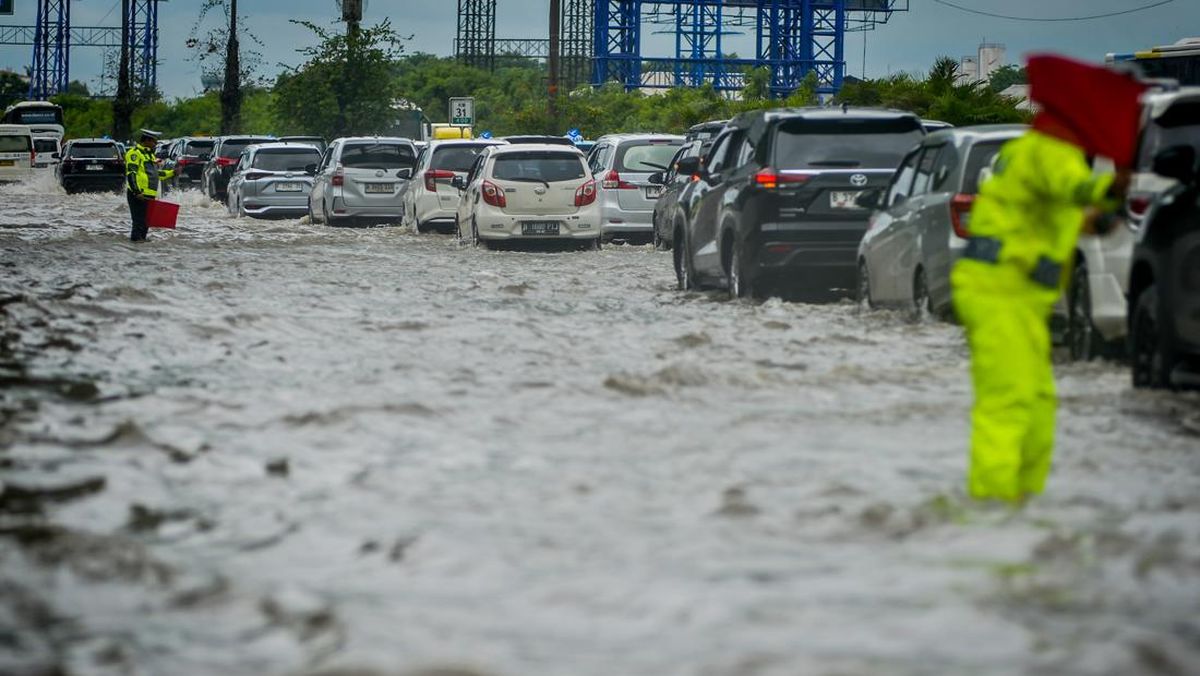Bali: Stinking bags of rubbish are accumulating on the streets of Denpasar, Bali’s hectic capital. It’s been going on for weeks, since re-elected governor Wayan Koster, exasperated at the island’s rubbish problem, decreed an end to old habits.
He quipped to the press last month: “I have waste, I’ll send it to your house – would you like that? Waste must be managed at your own place.”

Made, from central Denpasar, says this drainage creek has been used as dumping ground since the new Bali waste policy came into effect last month. Credit: Amilia Rosa
The new policy, heaped on residents with little forewarning on August 1, is not actually this harsh. What Koster means is that, from now on, people need to manage their own organic waste, such as food scraps.
Garbage collectors will no longer deal with bags of organic waste. If food scraps or ceremonial offerings – and there are many of these in Hindu Bali – are mixed in with other rubbish, those bags will be left on the streets, too. And it has sent locals into a tizz.
“Everybody’s talking about it,” says Made, a 54-year-old accountant from central Denpasar. “I had to take back the garbage from outside because no one was picking it up. There was no solution – it was just, ‘You deal with it.’ ”
Many people are confused because in some places, sometimes, these mounting piles of mixed rubbish are eventually cleared by garbage men. In other places, locals say, bags fester in the tropical sun. Until someone dumps them in a river.

Made can burn organic waste in her small yard. Not everyone in Bali has this option. Credit: Amilia Rosa
Made, who asks that her full name not be published because of the neighbourhood sensitivities, walks us from her home in central Denpasar to a drainage channel cutting through ramshackle buildings and shops.
It was never clean, per se. “But it was not like this,” she says, motioning to the stew of rubbish snagged on the banks.
“I asked around and some people are dumping it,” she says. “It seems, if your house is near the river, you just toss it.”
Denpasar often floods with the first big rains of the wet season because drains are blocked with rubbish. While floods this month that killed at least 18 people were particularly severe, no one has yet provided evidence linking them to the extra dumping, happening since August 1.
Though it seems counterintuitive on the face of it, the goal of Koster’s new policy is actually to relieve Bali of the increasingly frightful waste problem gleaming from almost every gutter, path and stream.
The supreme manifestation of the dilemma is the mountainous Suwung dump, a 32-hectare tribute to tourism, consumption and decades of kicking the literal can down the road.
Loading
There is only so much more it can take. Suwung, now, is closed for organic waste. From December, it will no longer accept recyclables either. These items, such as Bali’s innumerable plastic water bottles, should be going to recycling factories or “plastic banks” anyway.
Putu Marmar, a 42-year-old tattoo artist, says he sometimes takes his recyclables to these banks, where the government pays out in cash or coupons.
“But the effort is not really worth the return,” he says.
The plan for non-recyclables and residues is to open a brand new waste-to-energy plant next year. The environment ministry in Jakarta started “preparing all the necessary regulations” in July.
This is good news. But the immediate problem for residents – and the cause of the current rubbish anarchy – is what to do with food scraps.
Locals tell us that some people pile their rubbish in tourist areas so the government has to choose between collecting it or being embarrassed.

Sri Maryati, 78, is one of few people in Bali with a “teba” - a deep hole, with a concrete lid, for organic waste. Credit: Amilia Rosa
Some people are “just lazy”, but others have few other options, Made says. She is fortunate enough to have a small yard in which she can burn her organic waste. Others are doing this too – “and everyone is coughing”.
Gede Darmana, who runs a small snack shop near Made, says he collects his organic waste and drives it 45 minutes to his village several times a week, where he burns it on a vacant lot. It is not too much trouble, he says, though “there is no other solution”.
Loading
Kadek Suarjana, a motorcycle taxi driver, also burns his rubbish in an empty lot. Others in his neighbourhood, however, let it accumulate on the street. “I complained because it was smelly,” he says. “Sometimes it will go away, but it continues to pile up.”
The provincial government says “teba” are the answer. These are 2.5 metre-deep holes covered by concrete lids. They act as a kind of septic tank or compost bin. But this requires yard space and money, both of which are in short supply among the ordinary people of Denpasar.
It may be that the government will dig communal teba, though few, if any, appear to be in action at the moment. Some households have already installed their own.
The “no more organic waste” directive from Koster landed with a thud on August 1, but the truth is that locals have been asked to separate their rubbish for years. The problem was that their efforts were undercut by garbage collectors simply throwing everything into the same truck, locals say.
Loading
Naturally, many of the people who were doing the right thing soon stopped sorting altogether. The mixed rubbish that landed at three relatively new rubbish processing centres caused shocking smells and all sorts of problems. The contracts for these centres have since been cancelled.
A walk through Denpasar, where the locals live, reveals pile after pile of uncollected rubbish, usually consisting of only a few bags. The piles were larger at the beginning of the new policy, people say.
Some bags clearly have organic waste inside them. Others seemingly don’t, or if they do, the garbos are doing some intricate inspections.
Adding to the confusion, Made says her mother, who lives in a different area of Bali, reports that mixed rubbish is still being collected.
“The government-issued regulations that should have affected all of Bali but it seems only certain areas are implementing them,” she says.
If everyone were to sort their rubbish – and then find some place to deal with their food scraps – then there would be no issue. But that requires new habits – and money.
Get a note directly from our foreign correspondents on what’s making headlines around the world. Sign up for the weekly What in the World newsletter here.
Most Viewed in World
Loading

